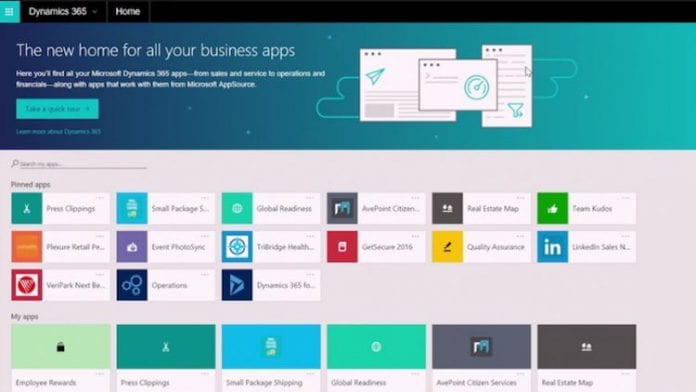Microsoft had announced the advent of its latest cloud – based business platform. It is called Dynamics 365 and it will be available in the market next month. In this announcement, Takeshi Numoto, corporate vice president of Microsoft Cloud and Enterprise proudly presented this brilliant software with all its new capabilities.
Dynamics 365 will be released on November 1 this year and it will be available to more than 135 markets and 40 different languages. It is formulated for Enterprise and Business Editions with the purpose of meeting the needs of large and SMB organizations. You can obtain subscriptions for Dynamics 365 for every user of each app. There will also be some industry-first plans that will be introduced.
In an interview with eWeek, the vice president for Nucleus Research, Rebecca Wettemann, said that they had seen customers achieve significant ROI from both Dynamics and Office 365. She attested that bringing the two services together will definitely spur time to value and deployments will be much easier for customers.
Built – in Intelligence is another key to the success of Dynamics 365. The Microsoft Research Lab in Redmond, Washington had been continuously developing its machine – learning and artificial intelligence technologies. Some of its fruits are the Skype Translator and Cortana Intelligence Suite.
Intelligence is more than just a hearsay with Microsoft. As for Barb Edson, general manager of marketing at Microsoft Cloud and Enterprise told eWeek, “It’s not just a flavor of the day; it’s deeply ingrained in everything that we do.” To prove this claim, she pointed to the new Dynamics 365 for Customer Insights app. This app allows the enterprise a 360-degree view of all customer’s information so that it can get suggestions on ways to engage with them and improve customer service experience.

The announcement on October 11 showed Microsoft’s ability to bring investments to research and development so that it can make its applications smarter and more productive.
There two ways to obtain Dynamics 365. Primarily it is a subscription – based service wherein customers subscribe on a per – app, per – user basis. They can also select from other plans offering user access to its functionality through various apps under a predictable pricing model. According to Edson, Dynamics 365 allows workforces to “get to work the way they need to work” and “they don’t have to be bartering on price.
This is how licensing works with Dynamics 365. A customer service representative is granted access to other apps that address their need and allowing them to work more productively without having to incur additional cost unlike other traditional CRM licensing models.









